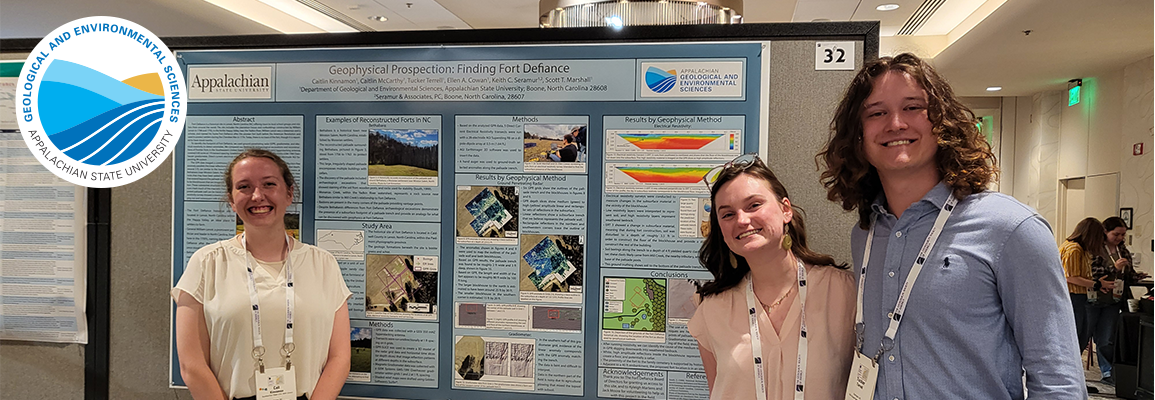This page provides answers to common questions our students have about graduate school, and clears up any misinformation that students may have received from people who are unfamiliar with the earth/environmental sciences.
Graduate School in the Earth/Environmental Sciences - Common Misunderstandings and Misperceptions:
Misperception 1: I can't afford to pay for graduate school, so I guess I won't go.
No! In the geosciences and environmental sciences, you typically do not pay for graduate school. If a program accepts you, you would expect to receive a tuition waiver in the form of an RA (research assistantship) or TA (teaching assistantship). RA-ships and TA-ships are where you work for the university in the form of research or teaching. These assistantships will typically pay a small stipend as well for living expenses. So while you will not get rich as a graduate student, you won't starve either, and it is unlikely you will go into significant debt to continue your education.
Misperception 2: I will get a job and then my job will pay for graduate school.
No! Why would a company hire someone with a BS and then pay them to get a Masters degree when they could just hire someone with a Masters degree? This does not happen in the geosciences or environmental sciences. While some companies will pay their employees to get an MBA (Master of Business Administration) after they have been working there for a while, it's only so that the the employee can learn how to run the business... not so the employee can continue their science-based education.
Misperception 3: I have to go to an in-state school for graduate school to save money.
No! See Misperception 1 for reasons why this is wrong. In fact, we often recommend that our students look outside of North Carolina for graduate school opportunities due to state funding regulations about graduate tuition waivers.
Misperception 4: I should go all the way and get a Ph.D. if I decide to go to graduate school
No! This is only true if you are planning to be a professor, or intend to do some other extremely specialized job such as certain types of government research. There are very few jobs that require a Ph.D. For most jobs, a Masters of Science (MS) degree is sufficient.
Misperception 5: I have to go straight on to graduate school after I finish my undergrad degree or I'll lose my chance forever
No! Unless you are absolutely certain what you want to do, and feel like graduate school is definitely the right path for you, there is no need to rush into anything. Get some relevant work experience first if you are uncertain of what you want to do next - you will be able to save some money, pay off some student loans, and explore different types of careers and subfields. You will also gain an entirely new skill set by working in non-academic settings after graduation, which can often make you a more competitive candidate if you decide to go back to school. While we don't recommend waiting tooooooo long to go back to school if you decide to take a break, a couple of years doing things that are relevant to your career goals can make you an even stronger candidate than going straight to graduate school after undergrad.
Where can I get more information about grad school?
In addition to this page and asking individual faculty members in GES for advice, we have a Grad School FAQ night every fall semester (food is provided!) where faculty members will provide answers to frequently asked questions about graduate school. This event is open to GES majors and minors only; it is not available to the general public nor is it recorded for later access, in order to protect the privacy of faculty and students.
